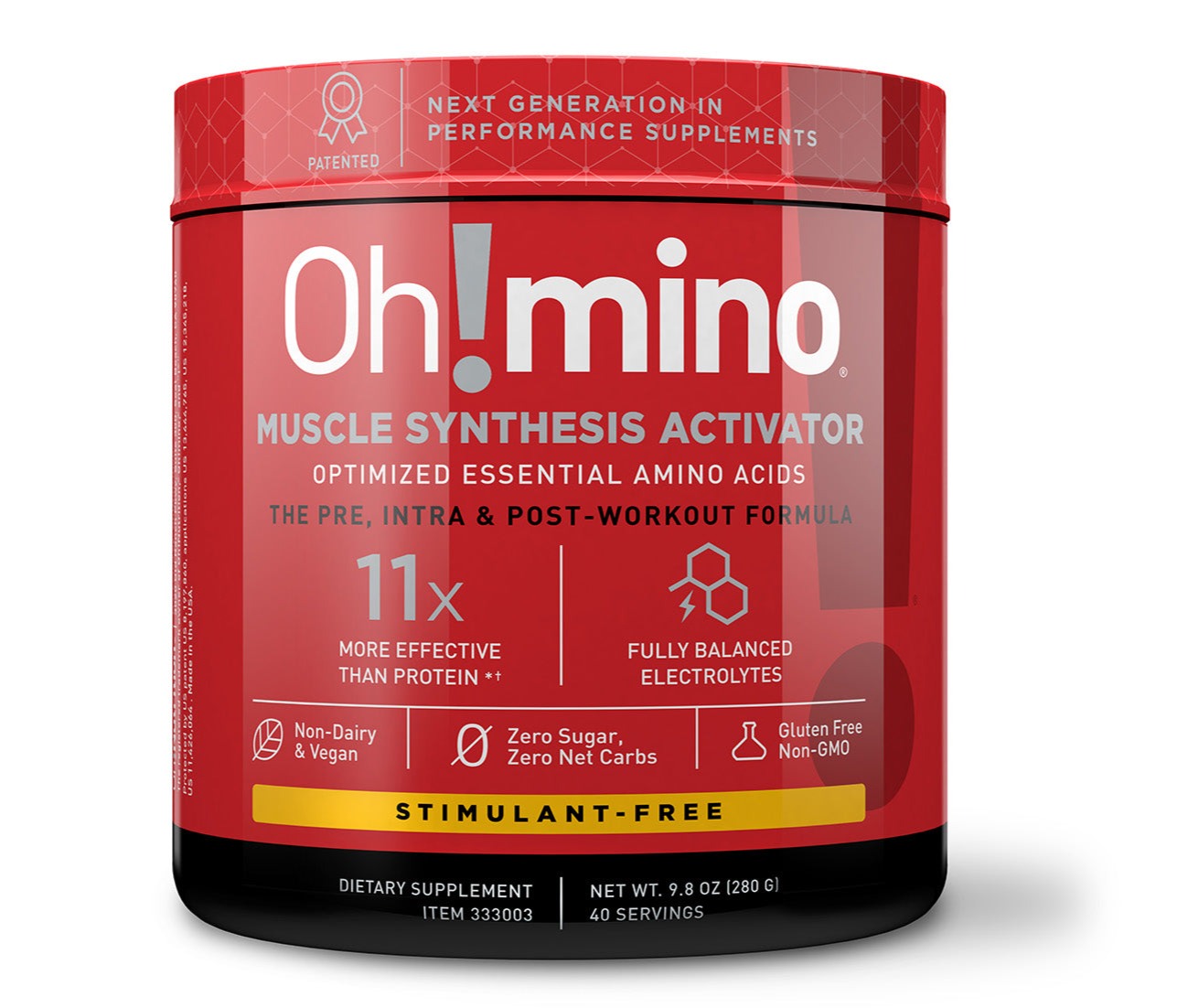Midnight Munchies: Debunking the Myth of Nocturnal Noshing
For years, we've been led to believe that late-night eating is the harbinger of health doom and the de-railer of our weight management goals. But is there any real science behind this concept?
This post delves into the ins and outs of nighttime nutrition, scrutinizes the risks of dining closer to dreamland, and shares smart strategies for after-dark alimentation. Let's dig in, shall we?
We all know that food fuels recovery—it replenishes the nutrients and energy our bodies need to repair and regenerate. Consuming balanced amounts of protein, carbs, healthy fats, vitamins, and minerals—like vitamin C, zinc, and iron—is crucial for optimal recovery, whether from a grueling workout, an injury, or illness.
So, the point isn't merely about eating, but about consuming quality food in the right quantities to fuel recovery.
Daytime dining has its perks. The rise in intermittent fasting notwithstanding, eating during daylight hours can keep hunger at bay, reduce cravings, and provide the sustenance our bodies need for daytime activities.
However, here's the twist: nocturnal noshing, contrary to popular belief, can actually be beneficial. It's during sleep that our bodies undergo vital processes—like tissue repair, energy replenishment, and hormone regulation—all of which require the fuel provided by food.
Eating a balanced and nutritious meal in the evening can aid in these recovery efforts, bolstering our overall health. However, it's best to avoid heavy, high-fat meals, and caffeine that could disrupt your sleep.
In essence, the notion of avoiding food after 6 pm is a myth. What matters more are mindful choices that provide the nutrients needed for optimal recovery.
Here are a few nocturnal nutrition tips:
- Skip the feast right before bedtime - aim to eat your last meal 2-3 hours before you hit the sack.
- Opt for slow-digesting protein sources like cheese, yogurt, or other dairy products—after all, sleep is technically a fast.
- Remember hydration isn't just about the daytime - keep your water intake up.
- Steer clear of caffeinated beverages for at least 6 hours before bed.
- Prioritize whole foods over processed alternatives.
To wrap it up: our bodies perform critical functions during the night that require energy and nutrients from food. A balanced and nutritious pre-bedtime meal can bolster these recovery efforts and overall health. So, it's not only unnecessary to avoid food at night, it could actually be beneficial to consume a higher-calorie meal in the evening to support the recovery process.
I'm curious, do you avoid eating at night? If so, why? Share your thoughts!
Stay fit my firend!
Michael

